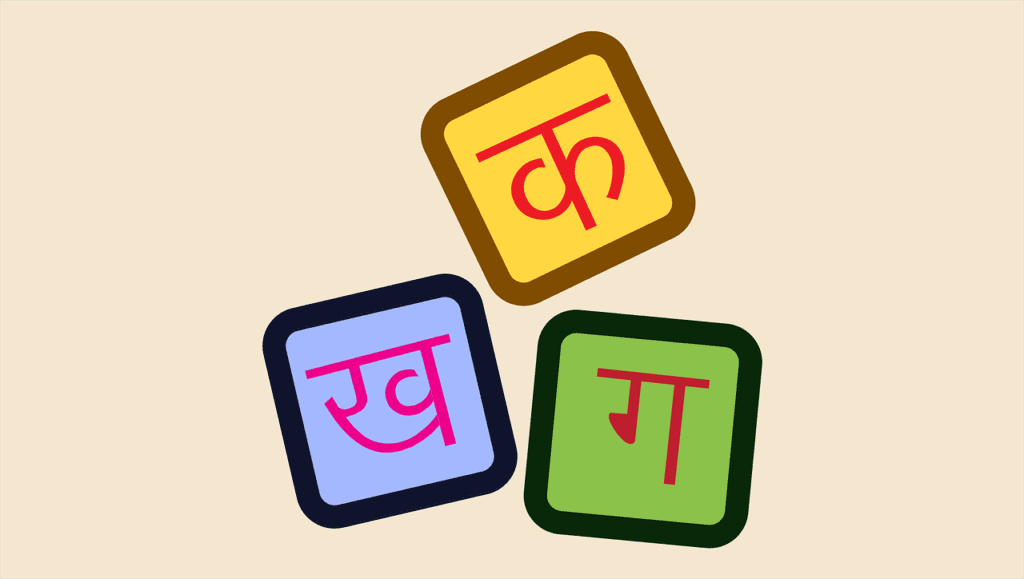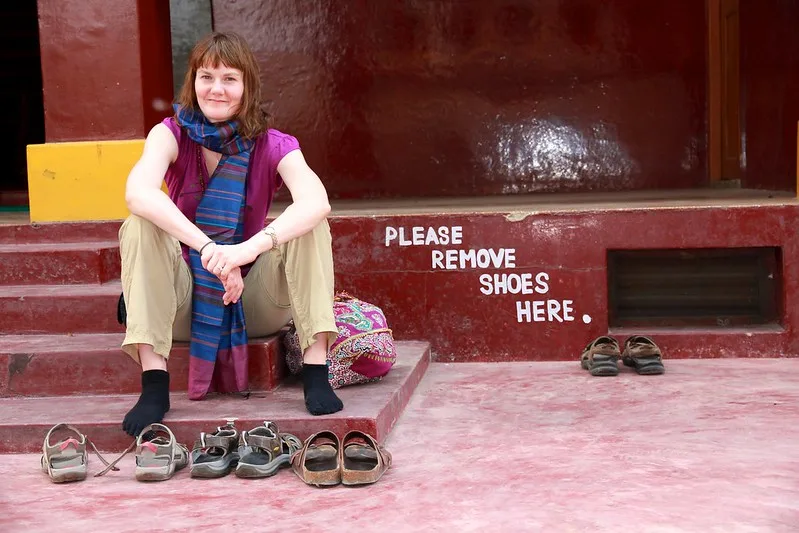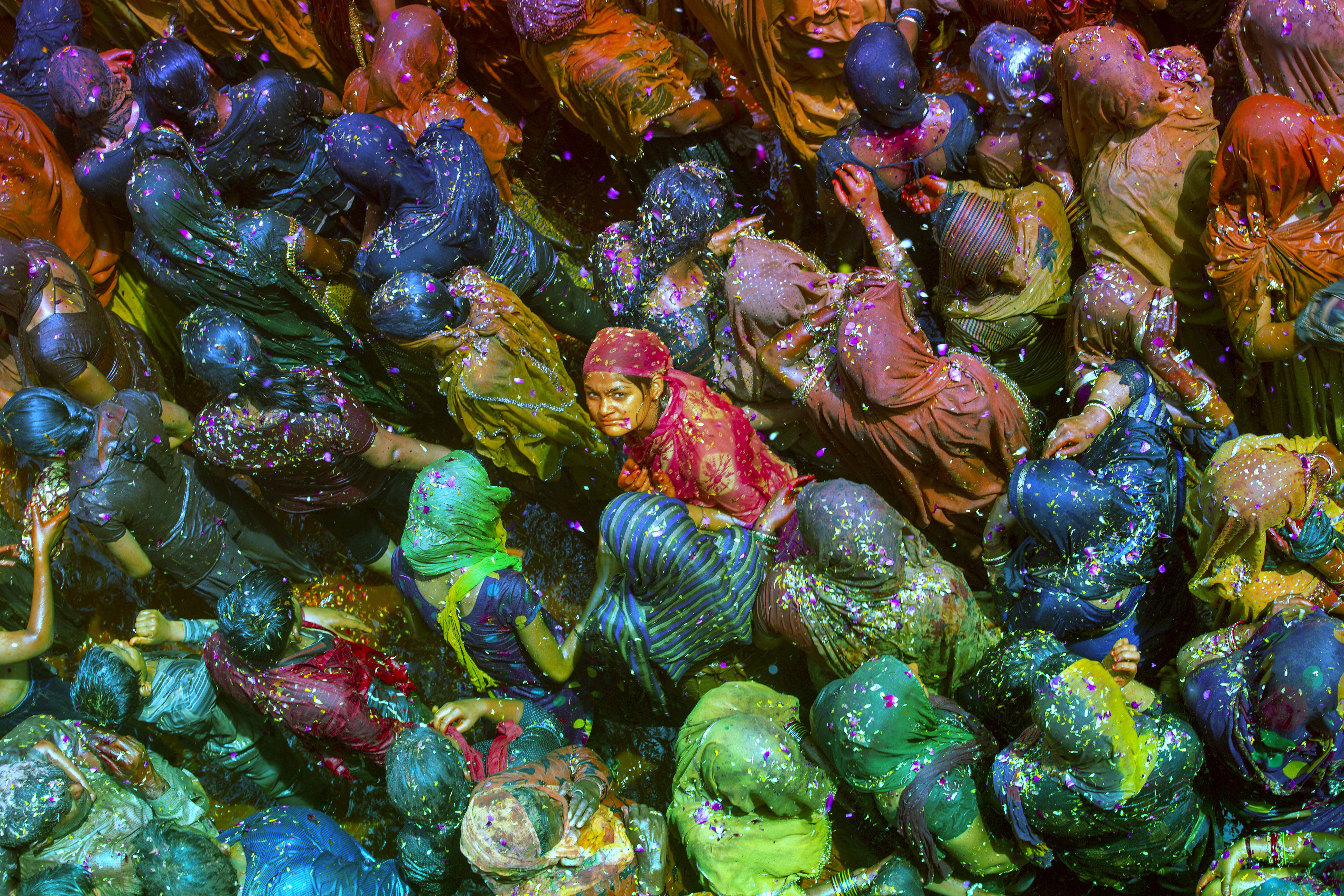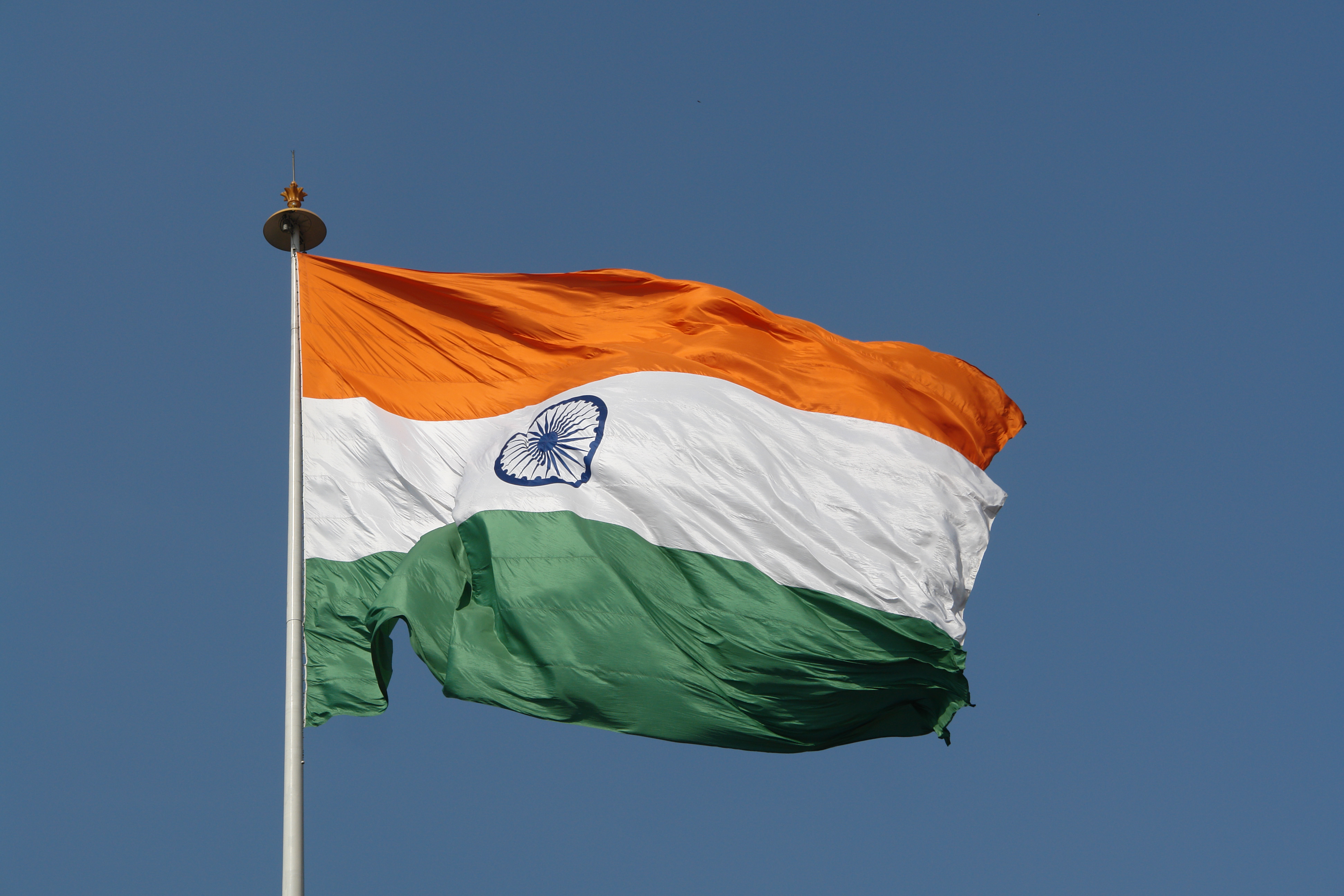India is a land of diverse cultures, traditions, and languages. It is also a country where cultural differences can be overwhelming for first-time visitors. While Indians are generally warm and hospitable towards foreigners, it is important to be aware of the dos and don’ts for tourists in India to ensure that your interactions with locals are respectful and enjoyable.
In this blog, we will discuss some important dos and don’ts for tourists visiting India. By keeping these in mind when interacting with locals in India you can have a more pleasureful trip.
List of Dos for Tourists Visiting India
1. Dress Appropriately

India is a conservative country, and it is important to dress modestly, especially when visiting religious sites or rural areas. Women should avoid wearing short skirts or shorts and cover their shoulders and knees. Men should also avoid shorts, especially in rural areas.
2. Greet People with “Namaste”

“Namaste” is a common greeting in India, and it shows respect to the person you are meeting. It is a way of saying hello, and you can put your hands together in front of your chest while saying it. If you are not sure how to greet someone, “Namaste” is always a safe bet.
3. Learn Some Hindi Phrases

While English is widely spoken in India, it is still a good idea to learn some basic Hindi phrases. This can help you connect with locals more easily and show that you are making an effort to understand their culture. Learn how to say “hello” (“Namaste”), “thank you” (“Dhanyavaad”), and “goodbye” (“Alvida”), and you will be able to make a positive impression.
4. Remove Your Shoes

In India, it is customary to remove your shoes before entering someone’s home or a temple. This is because shoes are often dirty and wearing them inside a house or a temple would bring the dirt inside. Most Indians have a separate pair of footwear for wearing at home.
When you someone’s house, do look for a shoe rack or ask if it is appropriate to keep your shoes on. This shows respect for the host’s property and their cultural traditions.
5. Do Take Part in Local Festivals

India has a rich calendar of festivals and celebrations throughout the year. Take part in local festivals, such as Diwali or Holi, to experience the culture and traditions of India. Be respectful of local customs and traditions during the festival.
6. Do Ask Questions

Indians are generally friendly and welcoming to tourists, and they are happy to answer questions about their culture, traditions, and way of life. Don’t hesitate to ask questions, but do so respectfully and with an open mind. This can help you gain a deeper understanding of India and its people.
7. Do Respect Elders

In Indian culture, elders are highly respected and valued. Show respect to elders by using formal titles, such as “ji” or “aunty/uncle”, and avoid using their first names unless given permission to do so. It is also customary to touch their feet as a sign of respect when greeting them.
8. Do Carry Cash

While India is rapidly becoming a cashless society, it is still important to carry cash with you when traveling. Many local vendors, especially in rural areas, may not accept credit or debit cards. It is also a good idea to have smaller denominations of currency to avoid any confusion.
9. Do Tip Appropriately

Tipping is not a common practice in India, but it is appreciated in certain situations. For example, in restaurants, a tip of 10% of the bill is customary. However, it is important to check if a service charge has already been included in the bill before tipping.
List of Don’ts for Tourists Visiting India
1. Don’t Touch People

While Indians are generally friendly and welcoming, it is not appropriate to touch people, especially members of the opposite sex, without their permission. This is especially important for women, who should avoid touching or hugging men they do not know well.
2. Don’t Eat Beef

Cows are considered sacred in Hinduism, and it is illegal to kill or consume beef in several states in India. Even if it is not illegal where you are, it is still considered highly disrespectful to eat beef in India. Respect the sentiments of locals and avoid eating beef during your stay in India.
3. Don’t Drink Tap Water

Drinking tap water in India can lead to stomach problems due to the presence of bacteria and other contaminants. Stick to bottled water and avoid ice cubes in your drinks. It’s also a good idea to avoid eating raw fruits and vegetables that may have been washed in tap water.
4. Don’t Bargain Too Hard
Bargaining is a common practice in India, especially in local markets. However, it is important to be fair and not bargain too hard. Remember that the amount you are bargaining for may be insignificant to you but could mean a lot to the person selling the product. Try to strike a balance between getting a good deal and respecting the seller’s livelihood.
5. Don’t Point Your Feet
In Indian culture, pointing your feet toward someone is considered disrespectful. When sitting, cross your legs or tuck your feet under you to avoid pointing them toward others. This is especially important when sitting in front of a statue or an image of a god or goddess or in case you are facing a person elder than you.
6. Don’t Assume Homogeneity
India is a diverse country with multiple languages, cultures, and religions. Avoid stereotyping people and their customs based on their region or religion. Be open to learning about the unique traditions of the places you visit and the people you meet. Rural and urban India are like two different worlds, and you will find massive differences in the way how Indian live or think in urban and rural areas
6. Don’t Take Pictures Without Permission

Indians are generally friendly and welcoming to tourists. However, it is important to respect their privacy and seek permission before taking their pictures. This is especially important in religious sites and rural areas, where people may be more conservative.
7. Don’t Show Affection Publicly

Public displays of affection are not common in India, and it is considered inappropriate to kiss, hug, or hold hands in public. This is especially important for couples traveling to India, as it may be seen as disrespectful to Indian cultural norms. This is more true for rural areas, and some of these practices may be acceptable in large metro cities in India
8. Don’t Disrespect the Flag or the National Anthem

The Indian flag and the national anthem are symbols of national pride and should be respected. Stand up when the national anthem is played and do not disrespect the flag in any way. This includes not using it as a tablecloth or a piece of clothing.
In conclusion, India is a country with a rich cultural heritage, and interacting with locals can be an enriching experience. By following these Dos and Don’ts for Tourists in India, you can ensure that your visit is respectful, enjoyable, and culturally sensitive. Remember to be open-minded, curious, and respectful of local customs and traditions, and you will have a memorable experience in India.
